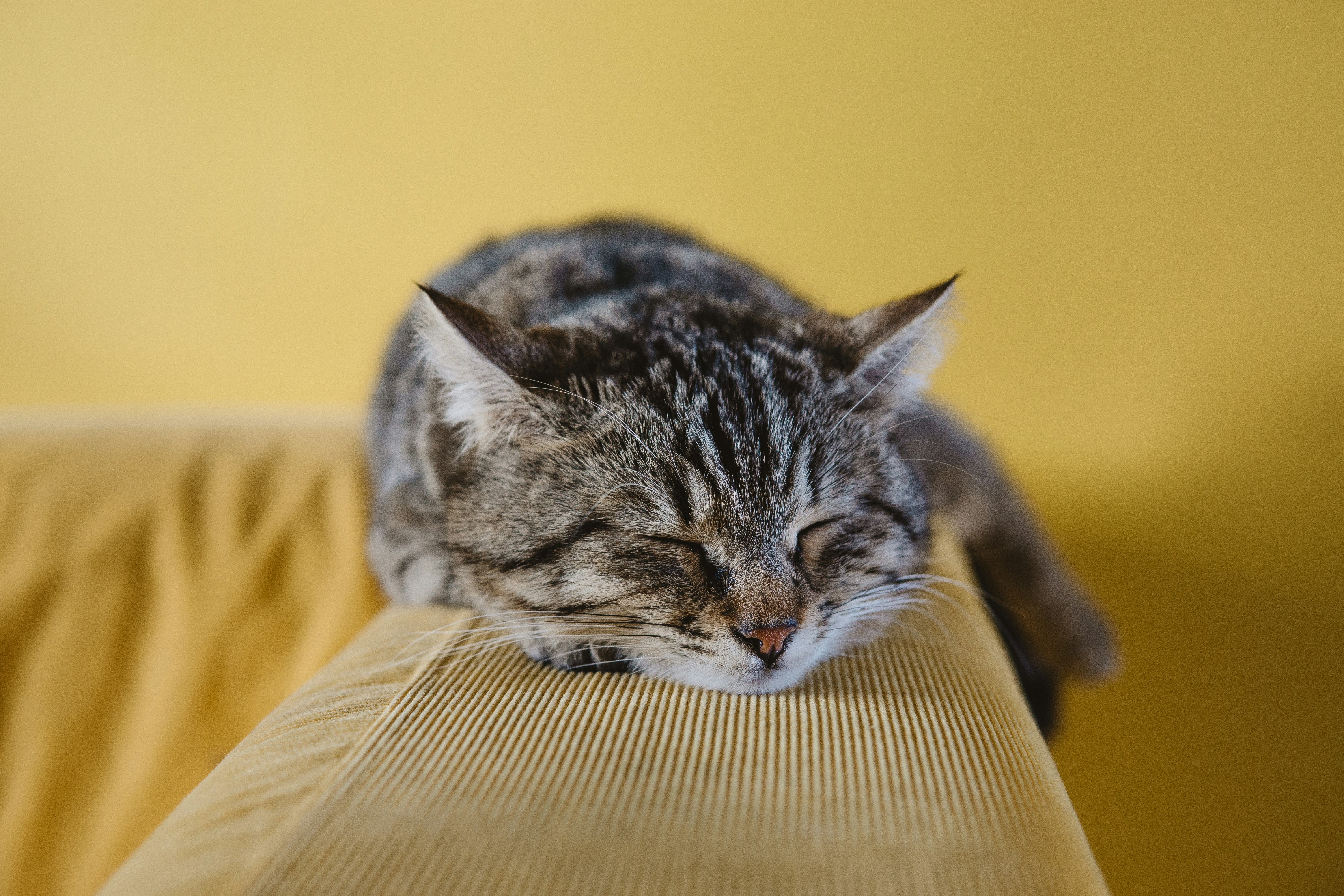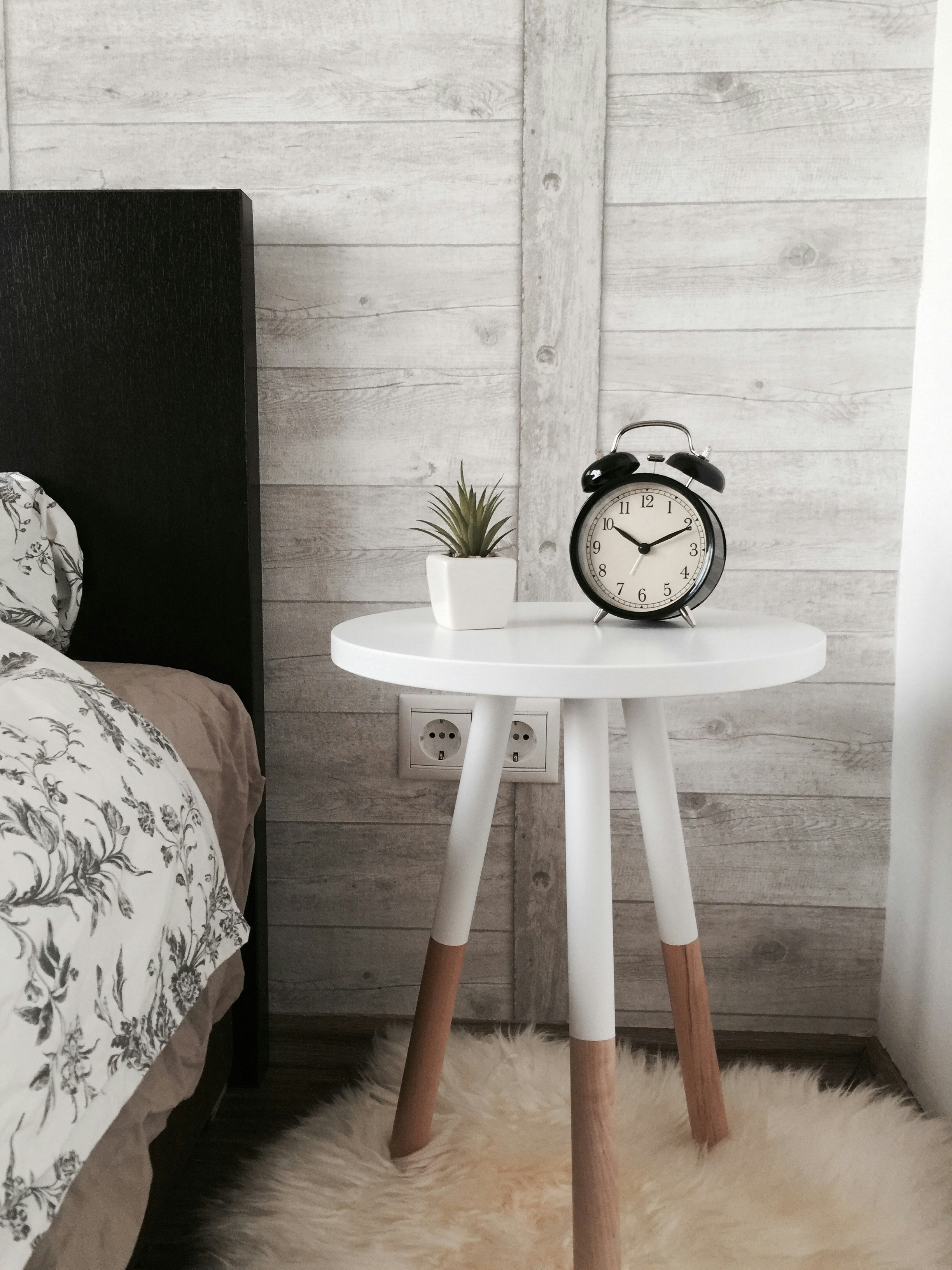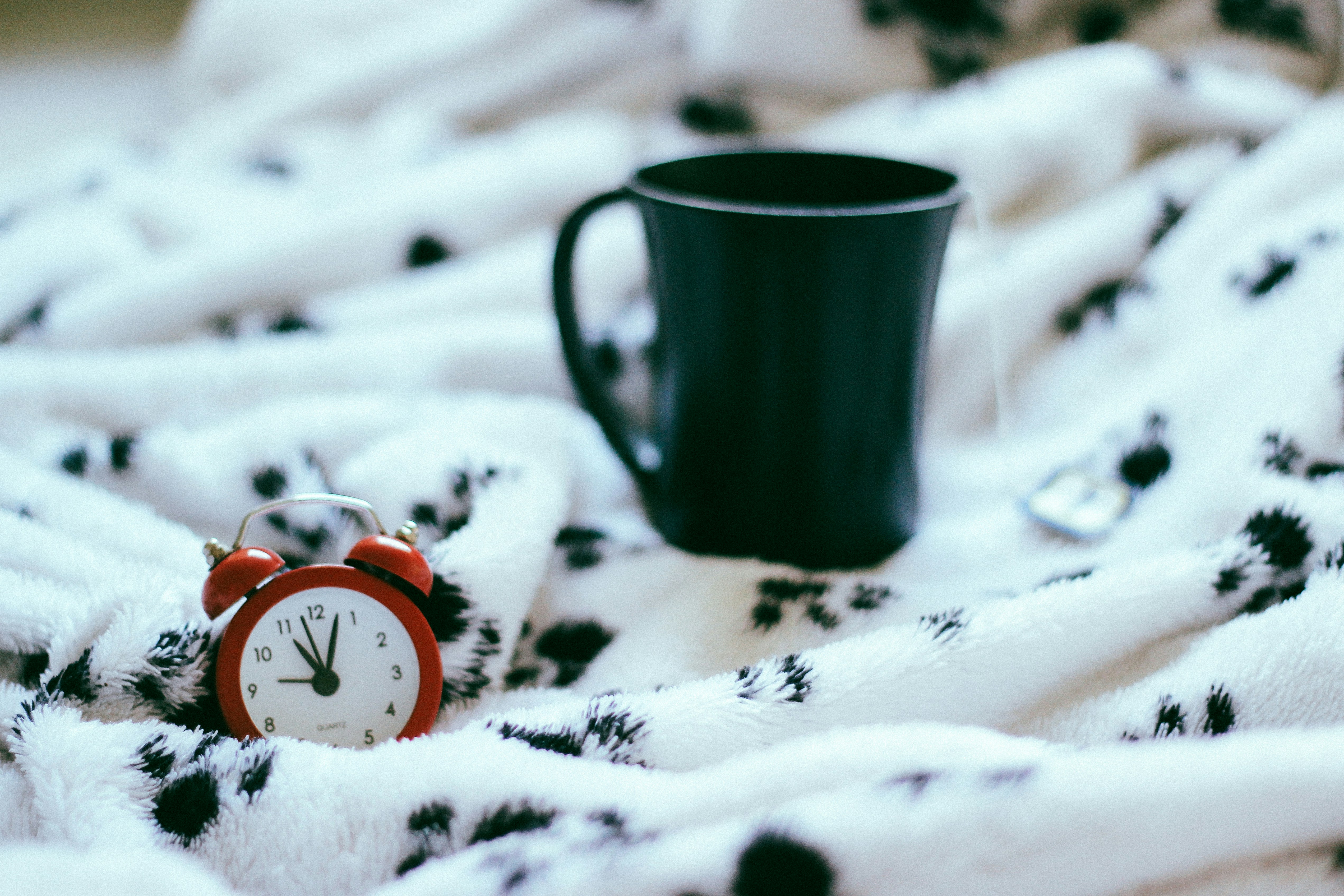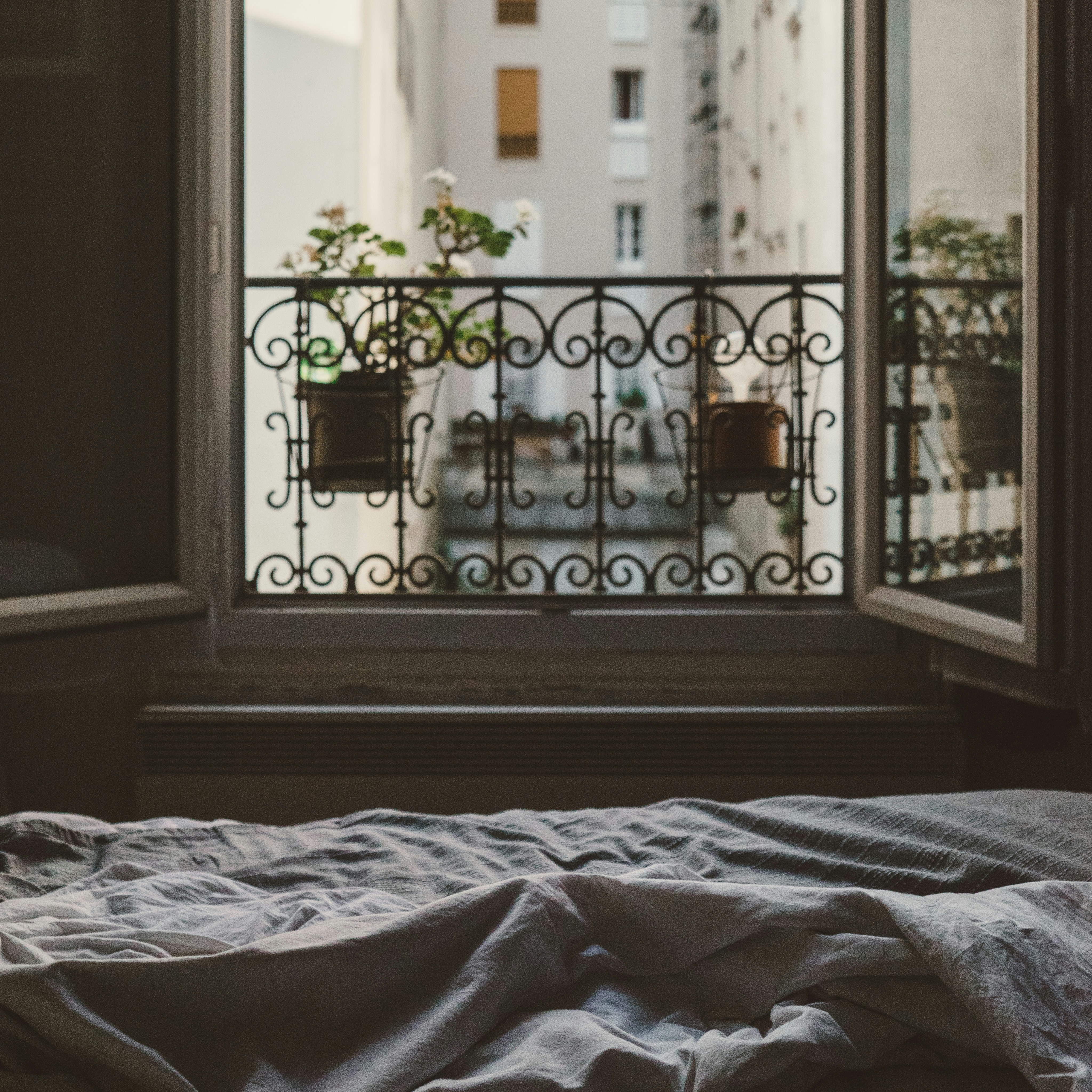Sleep Hygiene: Daily Habits for Better Rest

Introduction
In today’s fast-paced, overstimulated world, many people struggle with falling asleep, staying asleep, or waking up refreshed. But often, the problem isn’t a serious medical issue—it’s poor sleep hygiene. Sleep hygiene refers to a set of daily habits and environmental factors that influence the quality and duration of your sleep.
The good news? Most sleep problems can be improved—if not entirely solved—by building better bedtime routines and optimizing your environment. In this article, we’ll explore the science behind sleep hygiene and offer practical tips to help you get the restful, restorative sleep your body and mind need.
1. What Is Sleep Hygiene?
Sleep hygiene is the collection of behaviors, routines, and environmental conditions that either support or disrupt healthy sleep. While we often think of “hygiene” in terms of cleanliness, in this context it refers to a disciplined, healthy approach to sleep-related habits.
Good sleep hygiene helps regulate your circadian rhythm , improves sleep onset latency (how fast you fall asleep), and increases the efficiency and depth of your sleep cycles.
2. Why Sleep Hygiene Matters
Poor sleep hygiene can lead to:
- Insomnia
- Daytime fatigue
- Mood swings
- Difficulty concentrating
- Weakened immune system
- Increased risk of chronic conditions (e.g., heart disease, obesity, depression)
Consistent, high-quality sleep is essential for:
- Physical recovery
- Mental clarity
- Emotional regulation
- Learning and memory
- Immune function
3. Key Elements of Good Sleep Hygiene
3.1 Maintain a Consistent Sleep Schedule
- Go to bed and wake up at the same time every day , even on weekends.
- Consistency strengthens your circadian rhythm and reinforces the body's natural sleep-wake cycle.
- Irregular schedules (like sleeping in on weekends or working late nights) confuse your internal clock and reduce sleep quality.
3.2 Establish a Relaxing Pre-Sleep Routine
Create a “wind-down” ritual to signal to your brain that it’s time to sleep:
- Turn off screens at least 30–60 minutes before bed.
- Dim the lights to stimulate melatonin production.
- Try calming activities such as:
- Reading
- Gentle yoga
- Meditation or deep breathing
- Warm showers or baths
3.3 Optimize Your Sleep Environment
Your bedroom should be a sleep sanctuary , not a multi-use space. Make these adjustments:
- Temperature: Keep it cool (60–67°F / 16–19°C is optimal).
- Darkness: Use blackout curtains or a sleep mask.
- Noise: Eliminate noise or use white noise machines/earplugs.
- Comfort: Invest in a good mattress and pillows suited to your sleeping position.
- Minimal distractions: Keep electronics (TVs, laptops) out of the bedroom.
3.4 Limit Exposure to Light at Night
- Blue light from phones, tablets, and computers suppresses melatonin , the sleep hormone.
- Use “night mode” on devices or blue-light-blocking glasses.
- Prefer warm lighting (red or orange hues) in the evening.
4. Daily Habits That Support Sleep
4.1 Get Natural Light Exposure During the Day
- Sunlight helps regulate your circadian rhythm.
- Aim for at least 30 minutes of natural light exposure daily—especially in the morning.
4.2 Exercise Regularly
- Physical activity improves sleep quality and helps you fall asleep faster.
- Aim for 30–60 minutes of moderate exercise on most days.
- Avoid intense workouts within 3 hours of bedtime , as they may be too stimulating.
4.3 Watch Your Caffeine and Alcohol Intake
- Caffeine (found in coffee, tea, soda, chocolate) can stay in your system for 6–8 hours .
- Avoid caffeine after 2:00 PM if you’re sensitive.
- Alcohol may make you drowsy initially but disrupts REM sleep and leads to fragmented sleep.
4.4 Avoid Large Meals Late at Night
- Heavy meals can cause discomfort and indigestion, making it harder to sleep.
- Try to finish eating at least 2–3 hours before bedtime.
5. Mental Habits That Influence Sleep
5.1 Manage Stress and Anxiety
Stress and racing thoughts are among the top causes of insomnia. Try:
- Journaling before bed
- Practicing mindfulness meditation
- Deep breathing or progressive muscle relaxation
5.2 Don’t Lie Awake in Bed
- If you can't fall asleep after 20 minutes , get up and do a quiet, non-stimulating activity (like reading) in dim light.
- Return to bed when you feel sleepy.
- This prevents your brain from associating the bed with stress and wakefulness.
6. Common Sleep Hygiene Myths
Let’s debunk some popular misconceptions:
| Myth | Reality |
|---|---|
| “I can catch up on sleep over the weekend.” | Inconsistent sleep patterns disrupt your body clock. |
| “Alcohol helps me sleep better.” | It may help you fall asleep but reduces sleep quality. |
| “Watching TV in bed helps me relax.” | Blue light and stimulation from TV actually make it harder to fall asleep. |
| “I only need 4–5 hours of sleep to function.” | Most adults need 7–9 hours . Long-term sleep deprivation has serious health consequences. |
7. When to Seek Help
If you've implemented sleep hygiene strategies for several weeks and still struggle with:
- Falling asleep
- Staying asleep
- Daytime fatigue
...you may have an underlying sleep disorder like insomnia, sleep apnea, or restless legs syndrome.
Consult a sleep specialist or healthcare provider. You may benefit from:
- Cognitive Behavioral Therapy for Insomnia (CBT-I)
- Sleep studies
- Adjustments to medications or health conditions
Conclusion
Improving sleep hygiene is one of the most accessible and effective ways to enhance sleep quality without medication. Small, intentional changes to your environment and routine can yield big improvements in how quickly you fall asleep, how deeply you sleep, and how energized you feel during the day.
Remember: Better nights lead to better days. Prioritize your sleep hygiene—not just for better sleep, but for better living.
“Sleep is the golden chain that ties health and our bodies together.”
— Thomas Dekker




